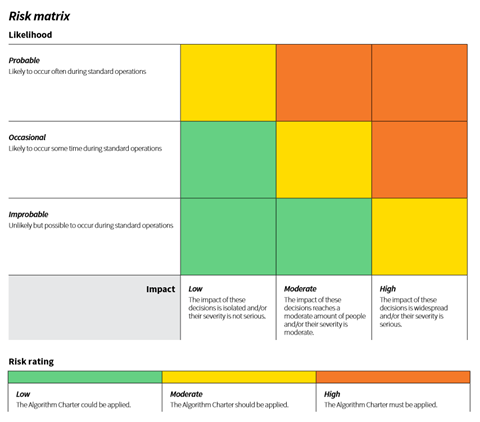On July 2020, the Government of New Zealand published the Algorithm Charter for Aotearoa New Zealand , a new regulatory instrument applying to government agencies when using algorithms. According to the Government:
“This charter is a commitment by government agencies to carefully manage how algorithms are used. With care, we can minimise unintended bias, better reflect the principles of Te Tiriti o Waitangi [regulating the relations between New Zealand’s government and the Mãori population], and strike the right balance between making sure we access the power of the algorithms to ensure we deliver better services to New Zealanders whilst still maintaining the trust and confidence of New Zealanders in the use of those algorithms”.
For maintaining this trust and confidence among New Zealanders and achieving the improvement of public services, the Charter is divided in 6 Commitments:
- Transparency;
- Partnership (with the Mãoris);
- People;
- Data;
- Privacy, Ethics and Human Rights;
- Human Oversight.
Interestingly, the Charter reminds that those risks can result from any algorithm as “very simple algorithms could result in just as much benefit (or harm) as the most complex algorithms depending on the content, focus and intended recipients of the business processes at hand”. Consequently, the Charter contains an obligation for its signatories to assess the risk of their algorithm decisions using a matrix of likelihood and impact rating:




